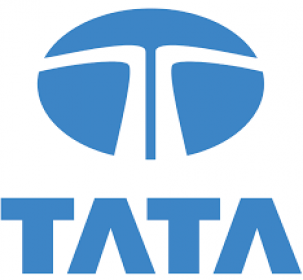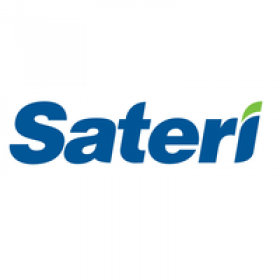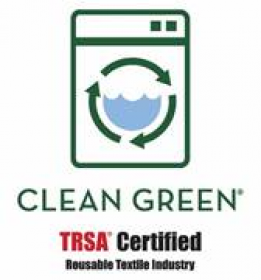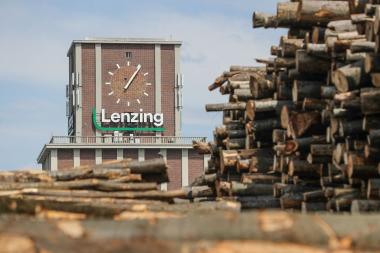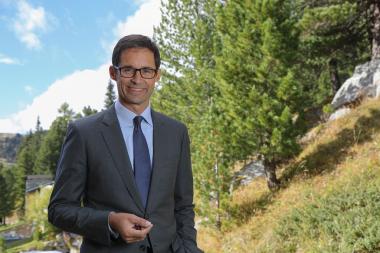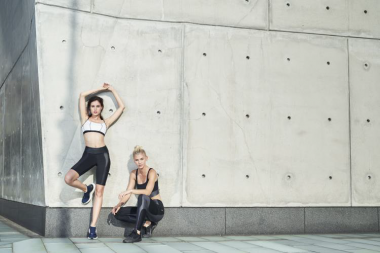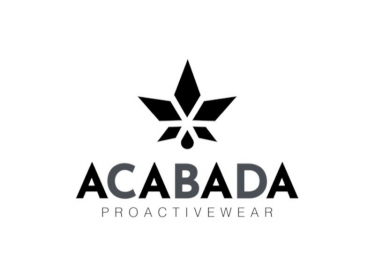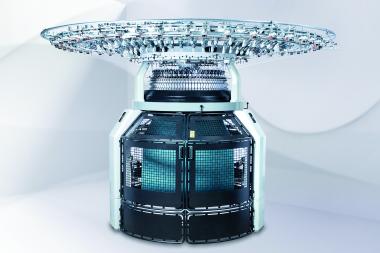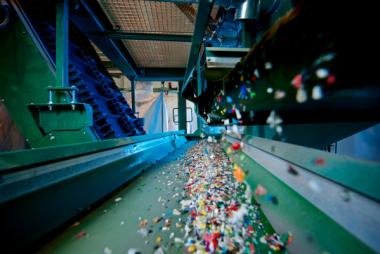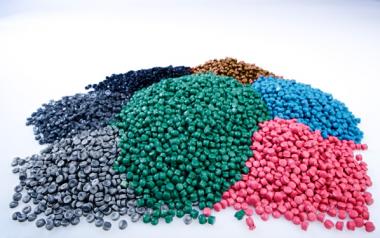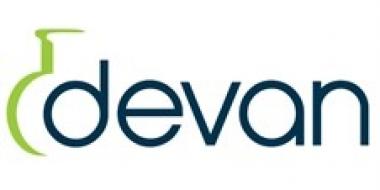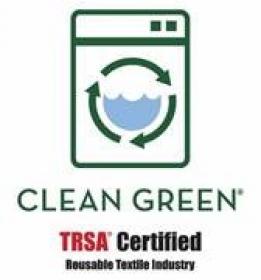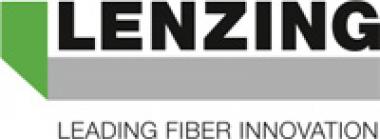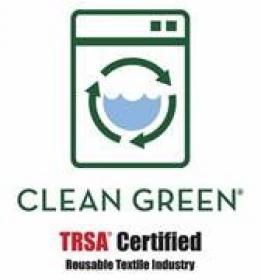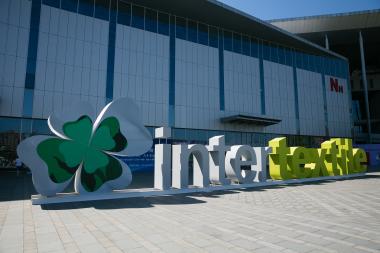Tata Communications delivers strong performance
- Tata Communications announces its financial results for the quarter ended June 30th, 2020
Commenting on the results, A.S Lakshminarayanan, MD and CEO, Tata Communications, said, “We have started this new financial year with strong performance amidst an uncertain and unpredictable economic environment. Digital is increasingly defining and shaping the experiences in this new world. It will become even more strategically core as businesses look to adopt new ways of working and transform how they operate, and how they engage with their audiences and with each other. We continue to be a key partner for our customers as they look to now focus on business recovery, acceleration, and growth.
Our new proposition, Secure Connected Digital Experience, is aimed at enabling customers to adopt new digital working models by providing a holistic ecosystem of solutions that are suited for this digital-first environment and are built for the long term. We’re seeing good interest in the market for these solutions. We remain focused on our strategy to deliver profitable growth and to be a preferred digital partner to our customers.”
Commenting on the results, Pratibha K. Advani, Chief Financial Officer, Tata Communications, said, “We have registered another quarter of strong growth. Data portfolio, which has been the key driver for our business, recorded a double-digit growth of 10% YoY with robust margin expansion of 460 Bps.
Enterprise business has also shown a healthy increase in the quarter, on the back of strong growth in India as well as the international markets, with India growing by 6.7% and international by 8.3% YoY. We continue to drive cost efficiencies in our business and with every successive quarter, we are improving our financial fitness.
Highlights
- Strong growth in Data business; revenue grew by +10% YoY on the back of robust performance across all segments, despite an uncertain economic environment.
- Data EBITDA was at INR 975 crore; up +32.4% YoY on the back of margin expansion of 460 Bps YoY led by cost efficiency initiatives.
- Due to lockdown and remote working, we are witnessing increased bandwidth usage and higher collaboration traffic. Enterprises have upgraded their capacities and are consuming more data to support this work model. Consequently, our India enterprise business grew by 6.7% YoY and international enterprise business grew by 8.3% YoY on the back of strong demand. This has led to increase in both revenue and profitability.
- Consolidated revenue was at INR 4,403 crore; growth of +5.6% YoY on the back of strong growth in Data business.
- Consolidated EBITDA at INR 1,042 crore; increase of +26.2% YoY and margin expansion of 390 Bps on the back of strong profitable growth in data business and focus on cost efficiencies.
- Consolidated PAT at INR 258 crore as compared to a profit of INR 77 crore in Q1 FY20; growth of +236% YoY.
- CAPEX for this quarter was INR 372 crore as compared to INR 342 crore in Q4 FY20.
*Please read the attached document for more information
Tata Communications
Tata Communications-Presseteam @ Harvard Engage


